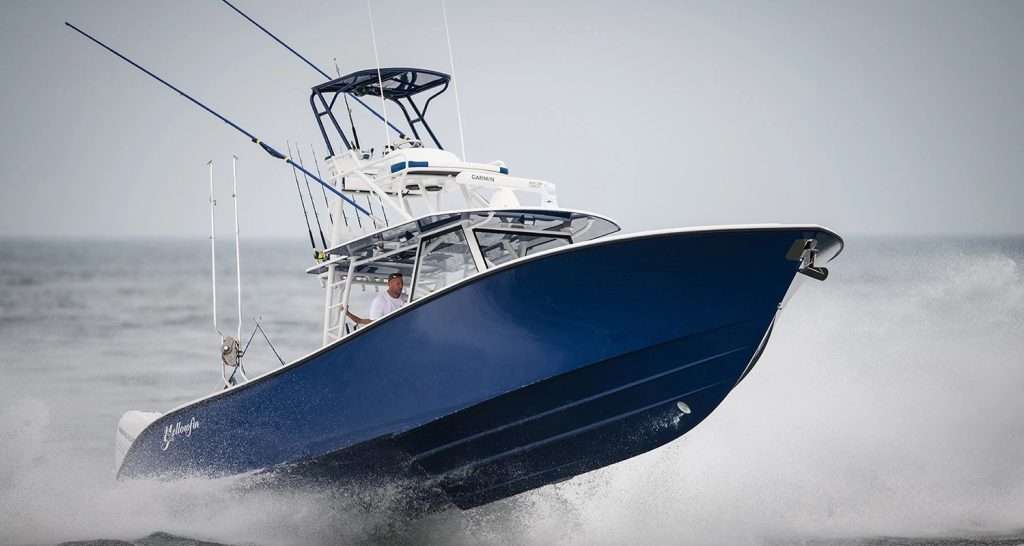Owning a boat comes with a unique language and set of terms that are essential to understand for effective communication and safe operation. Whether you're a novice boat owner or an experienced captain, familiarizing yourself with common nautical terminology is key to navigating the waters confidently.
In this article, we'll provide you with a comprehensive guide to the essential boat terminology that every boat owner should know, ensuring you can communicate effectively and navigate your vessel with ease.
Bow:
The front or forward part of the boat.
Stern:
The rear or aft part of the boat.
Port:
The left side of the boat when facing the bow (front).
Starboard:
The right side of the boat when facing the bow (front).
Hull:
The main body or structure of the boat, including the sides and bottom.
Deck:
The horizontal surface of the boat that you walk or stand on.
Cabin:
An enclosed area within the boat that provides shelter or accommodation.
Cockpit:
The open area in the aft (rear) part of the boat where the steering controls and seating are located.
Keel:
A structural beam or fin running along the bottom centerline of the boat for stability and to prevent sideways drifting.
Rudder:
A vertical fin or plate at the stern (rear) of the boat, controlled by the helm, used for steering.
Propeller:
A rotating device attached to the boat's propulsion system that provides forward or backward thrust.
anchor:
A heavy object connected to a chain or rope used to hold the boat in place when not underway.
Mooring:
The act of securing a boat to a fixed point, such as a dock or buoy.
Fenders:
Cushioning devices placed between the boat and a dock or another vessel to prevent damage.
Cleat:
A metal or plastic fitting on the boat used to secure lines or ropes.
Bimini Top:
A retractable fabric cover or canopy that provides shade over the cockpit or seating area.
bilge:
The lowest part of the boat's interior where water collects and is pumped out.
Navigation Lights:
Lights required by law to be displayed on a boat during periods of reduced visibility or at night, signaling the boat's position and direction.
gps:
Global Positioning System, a navigation device that uses satellite signals to determine precise location.
VHF Radio:
Very High-Frequency radio used for communication with other boats, marinas, and emergency services.
Wrapping Up
Becoming familiar with common boat terminology is vital for effective communication, safe navigation, and enjoyable boating experiences. By understanding the essential terms discussed in this article, you'll gain the confidence to navigate conversations with fellow boaters, understand instructions, and operate your vessel with ease.





